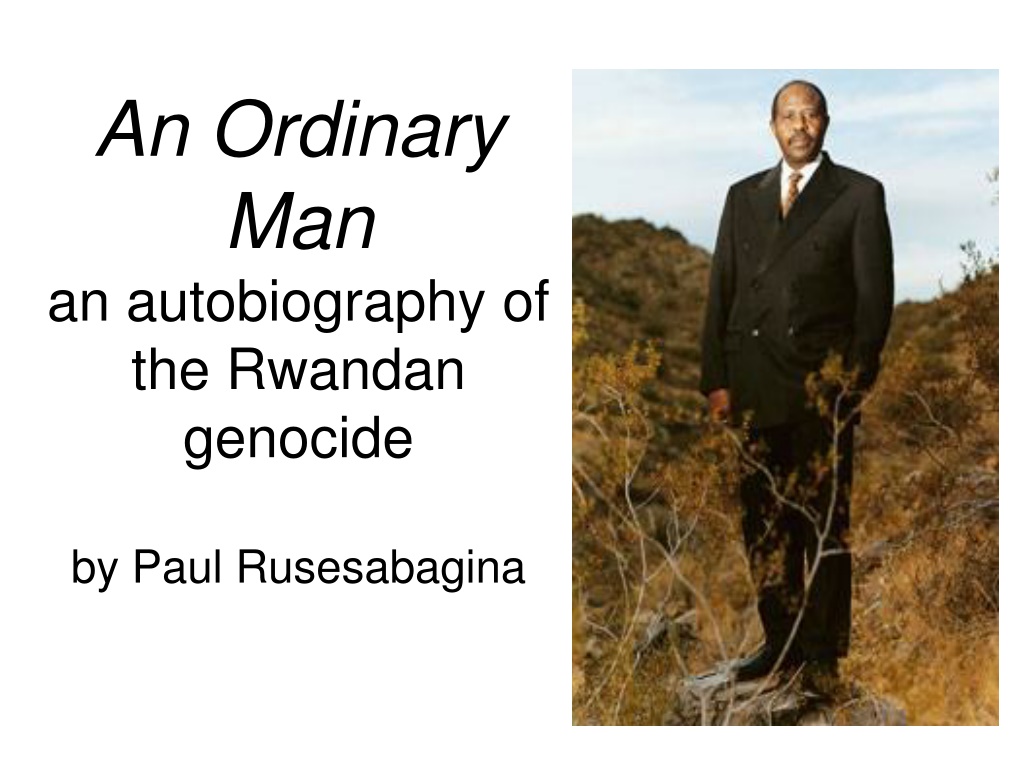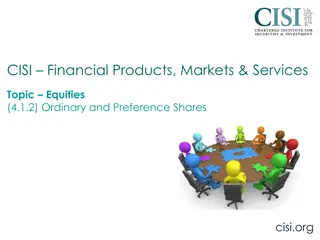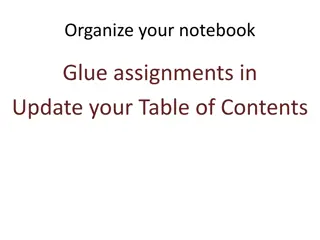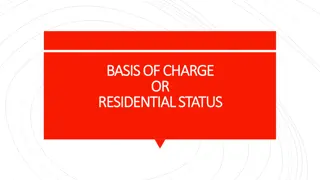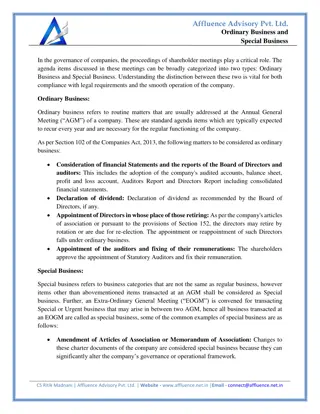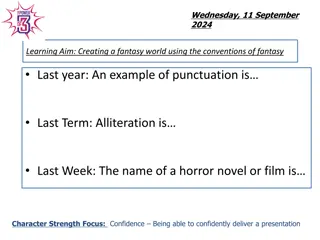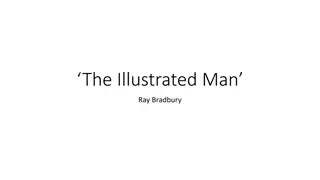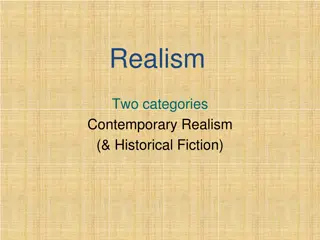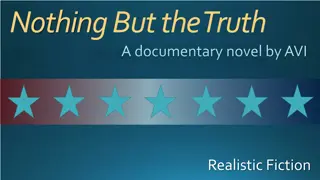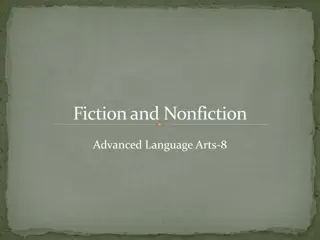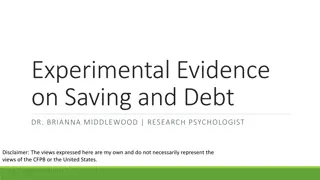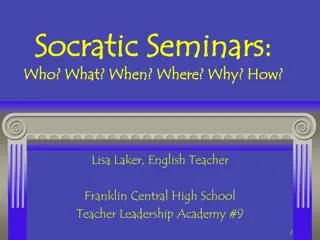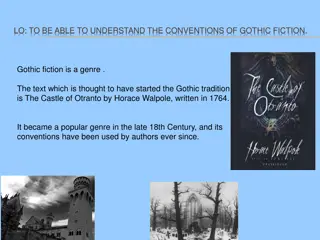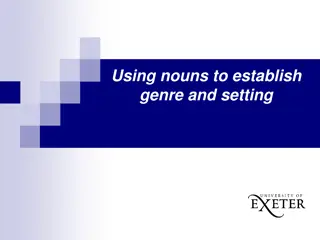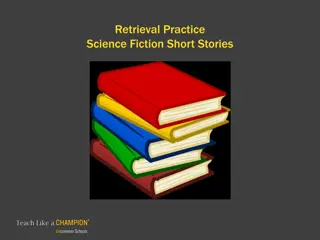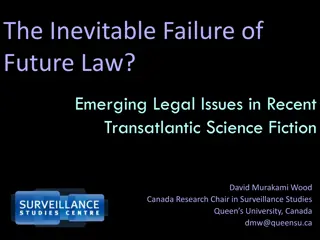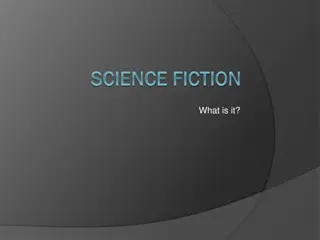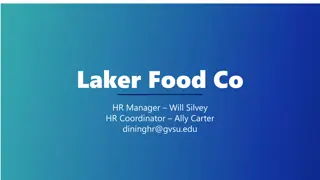Reflections on Rwanda: A Journey Through Genocide and Hope
In "An Ordinary Man: An Autobiography of the Rwandan Genocide" by Paul Rusesabagina, the harrowing events of the Rwandan genocide are vividly depicted. Explore the role of the United Nations, the deep-seated racial hatred between Hutus and Tutsis, and the brutal methods of extermination used. Paul's chilling narrative, the plea for action to prevent future genocides, and the call for reflection on lessons from Rwanda resonate profoundly. Discover how to support survivors and engage in discussions on genocide prevention through impactful steps outlined in the text.
Download Presentation

Please find below an Image/Link to download the presentation.
The content on the website is provided AS IS for your information and personal use only. It may not be sold, licensed, or shared on other websites without obtaining consent from the author. Download presentation by click this link. If you encounter any issues during the download, it is possible that the publisher has removed the file from their server.
E N D
Presentation Transcript
An Ordinary Man an autobiography of the Rwandan genocide by Paul Rusesabagina
STOP and WRITE: What do you know about the role of the United Nations in the Rwandan genocide?
Rwanda Land of a thousand hills
Who: Hutus & Tutsis What: racial hatred & genocide When: April 1994, 100 days Where: Rwanda; capital city, Kigali Why: power; blind conformity
Massacre through Machetes Peter was a cool guy very gentle, kind of a kidder I saw him that morning holding a machete dripping in blood The entire world had gone mad around me (xiv).
STOP & WRITE: What other genocides (at least two) do you know of in history? What was the rationale given by the murderers behind the mass killings? What was the method of extermination?
Pauls Family Today: political asylum in Belgium A group of people posing for a photo.
Paul: It frightens me to death when my countrymen are not talking.
NEVER AGAIN. NEVER AGAIN.
STOP & WRITE: What can YOU do to stop present-day and future genocides? Explain at least three steps you can take to help.
Homework http://www.un.org/preventgenocide/rwanda/supp ort.shtml Go to the above website, Lessons from Rwanda, The United Nations and the Prevention of Genocide fact sheet read the links, Supporting Survivors and Discussion Guide on the left tab. Write a reflection with five new things you learned or have a reaction to...this reflection should be one page, typed and double-spaced.
Upcoming Online Activity: Go to: The Center for Human Rights http://www.wcl.american.edu/humright/center/rwanda/lesson.cfm Collaborative grouping: Hutus & Tutsis; Valentina s story; International Community s Response; Post-Genocide Rwanda
Post-Novel Activity: Go to: The Center for Human Rights http://www.wcl.american.edu/humright/center/rwanda/lesson.cfm Read and discuss Student Activism Write a persuasive letter to Senator Bayh, Senator Lugar, or another politician of your choice urging action to be taken in the Sudan, Africa.
Field Trip: We will travel to Bloomington, Indiana and meet with Dr. Osita Ofoaku at Indiana University s West African Studies Center. We will engage and participate in a two-hour workshop on the Rwandan genocide and the post-genocidal culture of Rwanda. Please prepare three questions to ask Dr. Ofoaku and his graduate students regarding African traditions and modern Africa.
